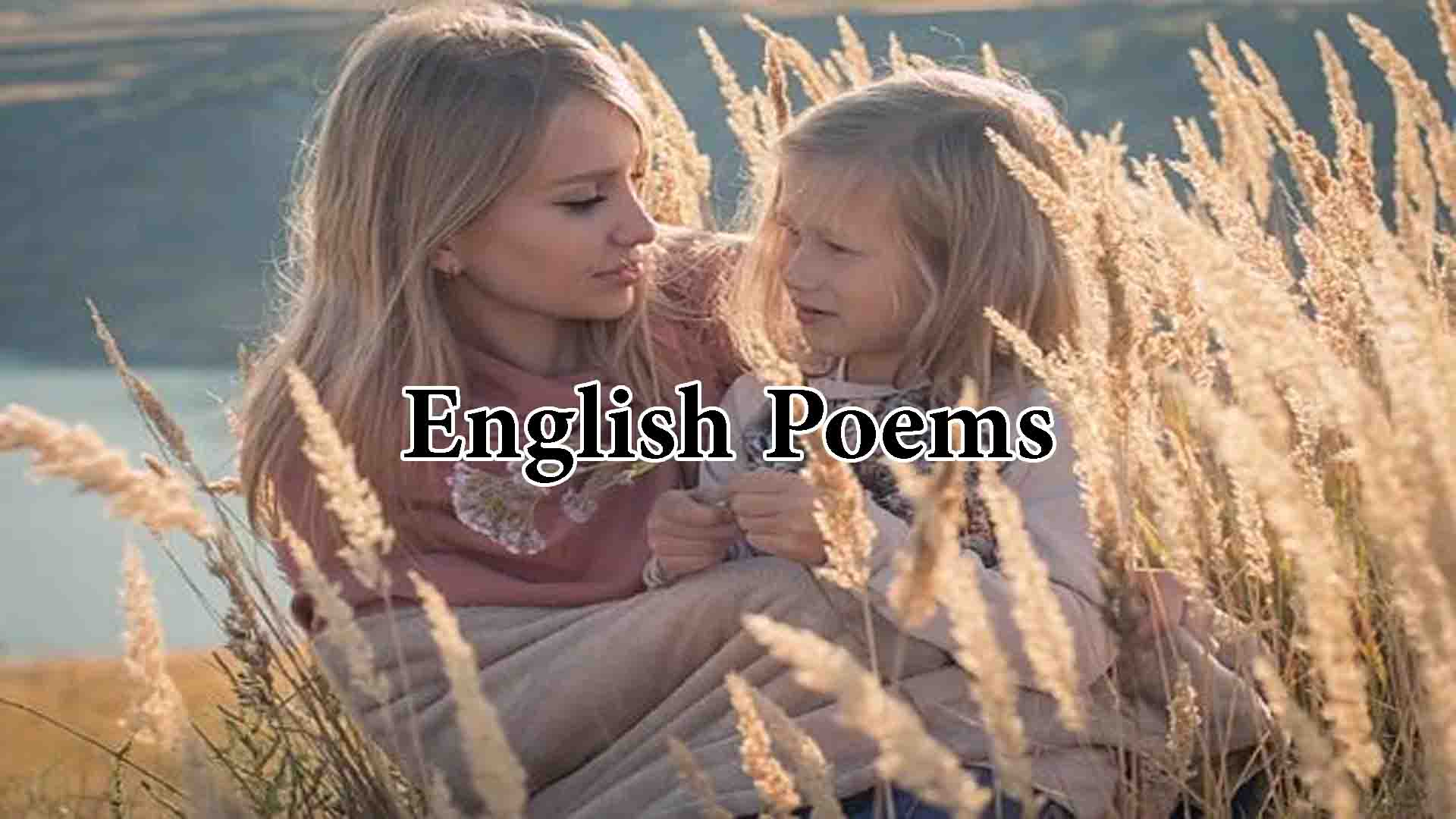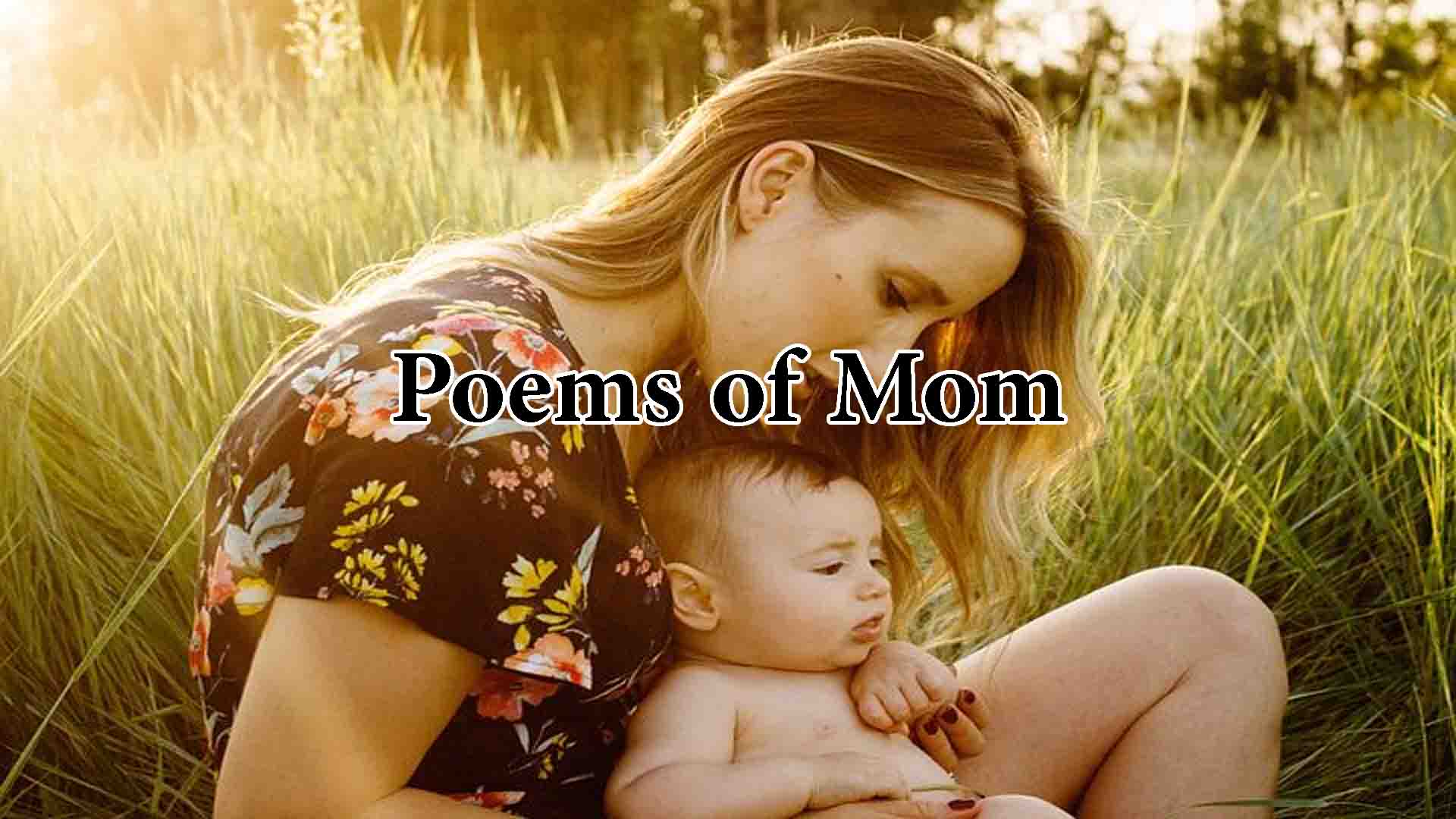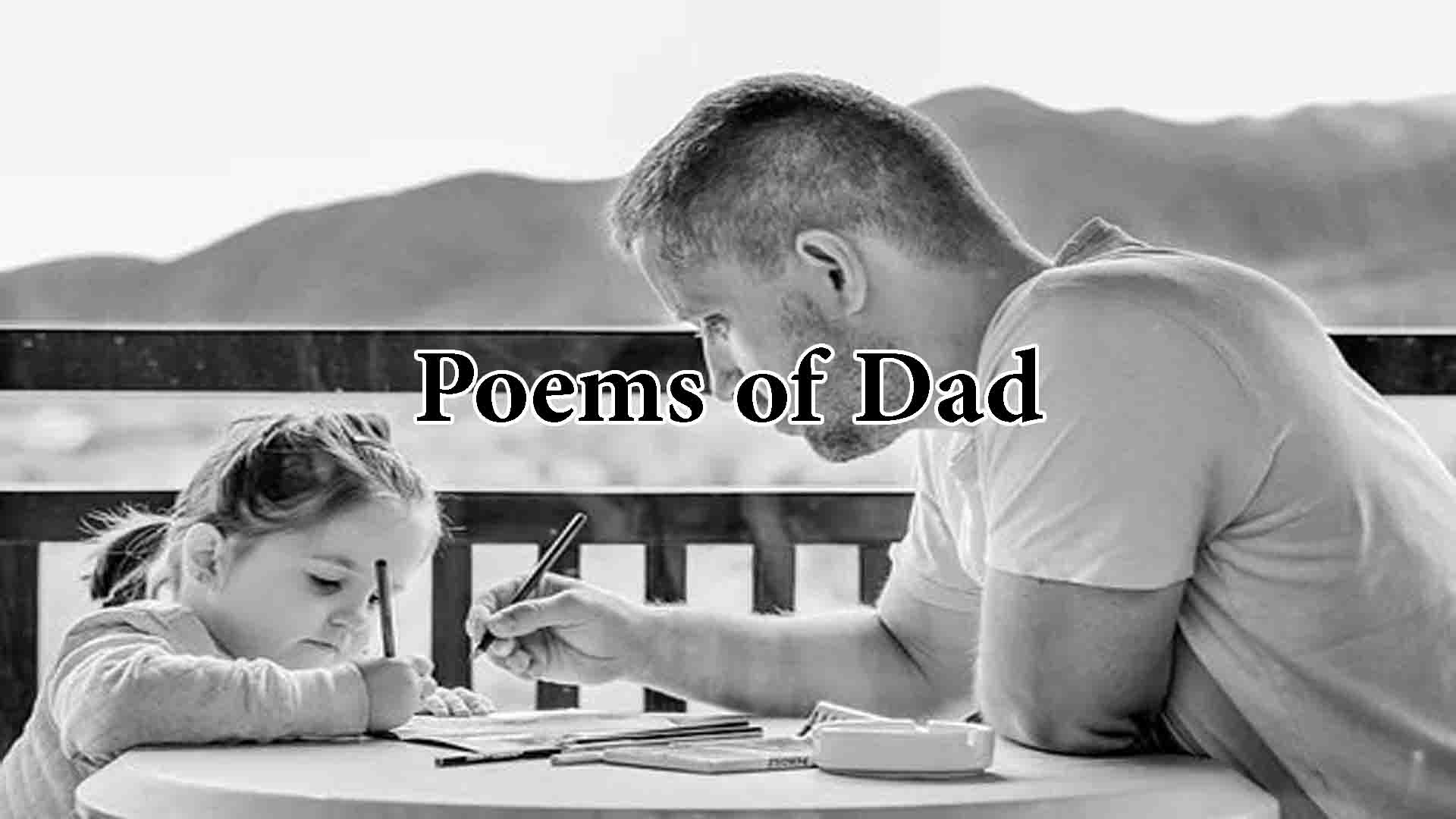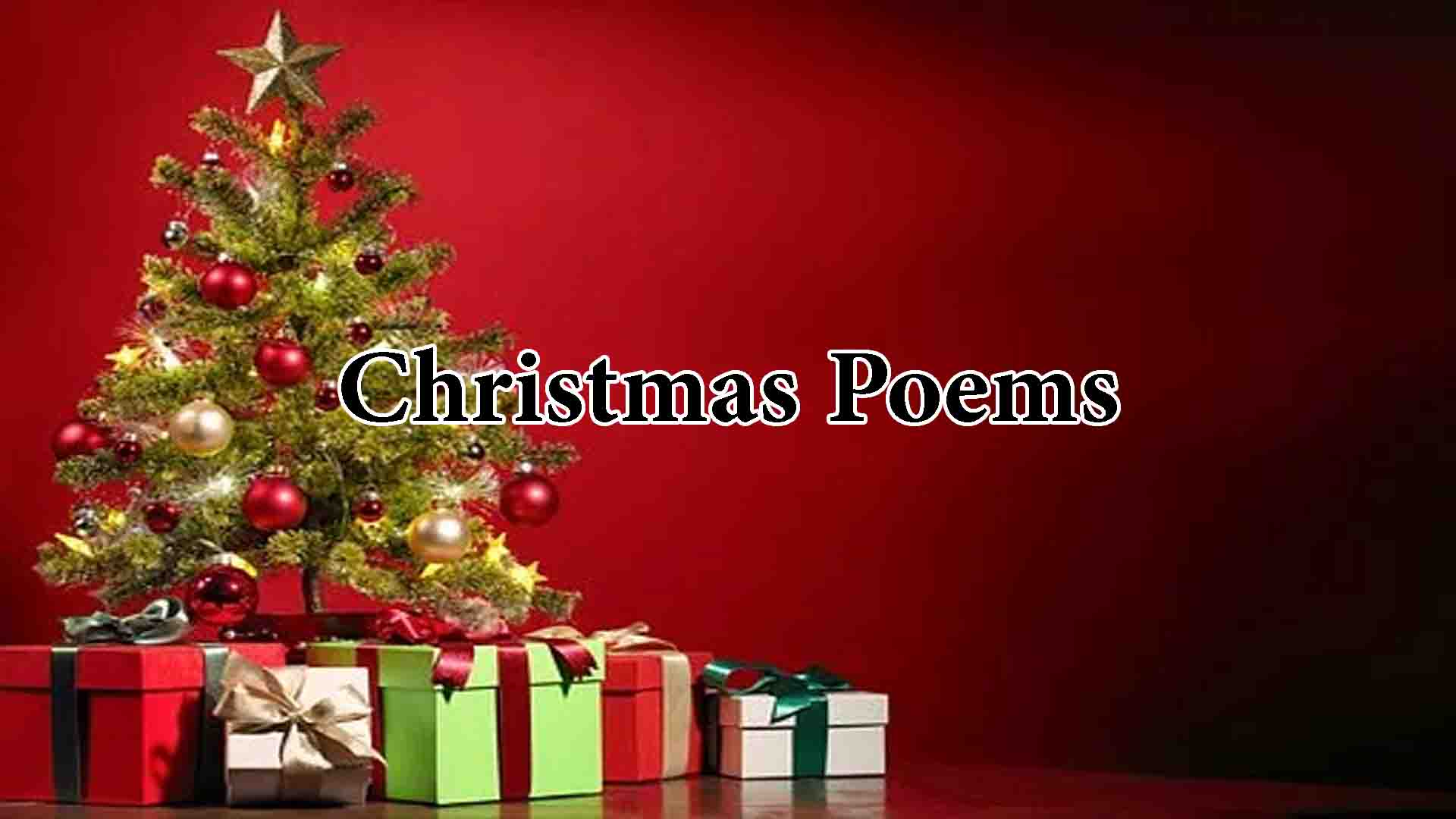Short Poems | Short Missing You Poems

Short poems are a very old form of artistic expression that has been transformed over time, but has kept its essence. They express emotions or represent the world in a deep, poetic way. The topics they address are almost infinite, and the ways of doing it, very diverse.
The oldest text considered as poetry is the “Poem of Gilgamesh”, which dates from the third millennium BC and originates from the Sumerian culture. Later, it was transcribed into Assyrian in the 8th century BC Since then, poetry has been a very passionate form of literature, which comes from the emotions that the author lives or experiences .
There are various ways of writing poems , but depending on their length, they are classified as short or long. Generally, they are divided into “songs” to long poems, and “verses” to short ones. With regard to resources, the most classic are rhythm, meter and rhyme. However, great poems have been written without using these techniques.
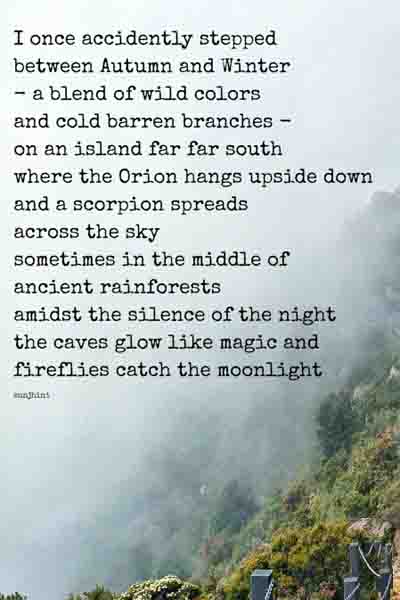
Based on the form of their structure, they are also defined as poetic prose . A collection of poems is a book where a certain author captures a good number of poems, regardless of the techniques used for each one. Even many poets have combined their trades with music, carrying out masterful works. In Kahaniyan you will find more poems for kids.
In this branch of literature it is customary to make anthologies, which is the compilation of the best poems made by a variety of authors within a given time. The forms of expression through this passionate art have been diversifying, and the themes have expanded over time.
For example, lyrical poetry, considered the most musical, focuses on feelings and emotions, while epic poetry, considered as a narrative expression of events, is found in texts such as Paradise Lost, the Aeneid, the Iliad or the Genesis.
For its part, theatrical or scenic poetry, intended for the theater, can revolve around tragedy, drama or comedy.
Some forms of poetry are defined as subgenres, which come from the main idea of what can be defined as a poem: a word originating from Latin and Greek, and meaning “creation.”
Therefore, a poem is any literary work made artistically with the intention of exalting beauty through the written word.
Lyrical poetry is divided into some subgenres: the elegy, the ode or hymn and the satire. The elegy focuses on sadness, melancholy, negativity and regret. For this reason, it reflects critical moments that affect the author , such as, for example, deaths of relatives and friends or loss of love.
Satire is more of a mockery, although it can reflect feelings such as indignation or contempt for some factors in society. The ode expresses happiness, celebration and positivity, and reflected the emotion of victories.
Rhyme is one of the classic resources applied in the construction of poetic texts. And it is nothing more than the sequential repetition of words that share similarity in their phonemes, an element that gives the verses that sound characteristic that, on many occasions, accompanies them.
It is not a compulsory resource for poetry writers , and it is not a rigid technique either, since there are several ways to create that sensation of sound similarity between words.
The consonant rhyme is one that presents coincidence in all its phonemes. It is also defined as perfect for the sonority that represents it. For its part, the assonance presents coincidence in the vowels, but at least one of its consonants does not coincide, although it has a certain sonority. It is also known as imperfect rhyme.
The accent divides the rhymes into oxytone, in which the final word of the line is sharp, paroxytone, whose last line is a plain word, and proparoxytone, where the last word is esdrújula.
The arrangement divides the rhymes into continuous ones, which repeat the rhyme throughout the poem, twins, which repeat the rhymes in pairs, embraced, where a rhyme is made between the outer lines and a different one in the inner ones, and crossed, in the that a rhyme is made for the even lines and a different one for the odd ones.
Short poems seek to express ideas concisely and firmly, doing so in the form of verse or prose. The technique and the beauty of the texts are not lost, and, although this technique may vary, what the author feels is always implied.
10 short poems with author:
Many are the writers who are dedicated to making this type of poems, and it is that a good author knows that through this way he can transmit ideas quickly and clearly if he puts together the right words.
A “I love you”, for example, is the perfect representation of what is sought through a short poem. Only two words have long been used to identify the greatest feeling humanity can feel. But these words, in turn, can be related to other emotions and ideas, and lead to longer passages.
You can read 10 short poems that show how in a few words you can say a lot about what you feel, think or visualize. Authors such as Julio Cortázar, Gloria Fuentes, Mario Benedetti, Gabriela Mistral, Nicanor Parra, Federico García Lorca, Pablo Neruda, Francisco Gálvez, Miguel Hernández or Pedro Salinas, among others, have achieved it.
5 famous short poems
Poems always transcend , to a greater or lesser extent, thanks to the emotional charge that characterizes them. Regardless of whether they talk about joy, sadness, emotion, despair, death, love or anything else, they have a deep-rooted passion and a way that maintains beauty, even in the darkest passages.
That emotional connotation makes them lines that many can identify with, and some reach such a connection with readers that they end up becoming very famous texts .
For an idea to stay in everyone’s mind, it doesn’t have to be long, it’s enough to make short poems that focus and express the emotion, the place or the determined theme quickly and completely. Some authors have stuck to this idea, and have managed to write texts that have penetrated the hearts of millions of readers.
Examples such as «Here», by Octavio Paz; “Syndrome”, by Mario Benedetti; “Harmony Spellings”, by Antonio Machado; “A un general”, by Julio Cortázar, and “On clear nights”, by Gloria Fuentes, are 5 works of literary art that will remain in our history and will be read by many generations.
The great virtue of great writers lies in keys such as knowing how to personify objects and elements of the universe that surrounds us in such a magical way that it is immediately transmitted to the reader. This magic is also in meditating on some casual or daily events of life, which we often overlook.
And, of course, in how these poets transform reality and ideas, giving somewhat abstract and unintelligible forms to the events that surround us.
Short poems for elementary school kids with rhyme
Kid’s poetry is mainly defined as texts that have been written, within the framework of poetry, by adolescents or kids, those that are written directly for them, or those that, within the literary order, have been considered suitable for the most small.
Elementary school kids are constantly absorbing the new concepts, information and data they receive on a daily basis, so their learning is constant. Poetry is not one of the most common resources, but it is a very valuable method for teaching.
Short poems for kids are not characterized by a substantial change in the way poetry is made, but by the contexts incorporated into the writing. Among them, values, morality and pedagogical intention stand out above all.
Poems are one of the most emotional writings, since through them the feelings and motivations of the person who writes them are directly expressed. The techniques to carry them out and transmit the ideas can be varied, but they are never lacking in passion and a lot of emotion.
Short poems seek to share those ideas and emotions quickly and concisely. In fact, for elementary school kids who are in full swing, they are a great tool, since they do not have to memorize a large compendium of ideas or words, but can address different ideas simplified through several poems.
The rhyme is one of the best techniques to memorize, since the consonance of the words remains in the mind more easily. The level of pedagogy and the theme that is developed in these poems depends on what you want to convey to kids at a given time.

